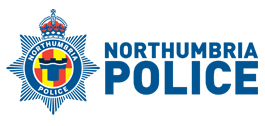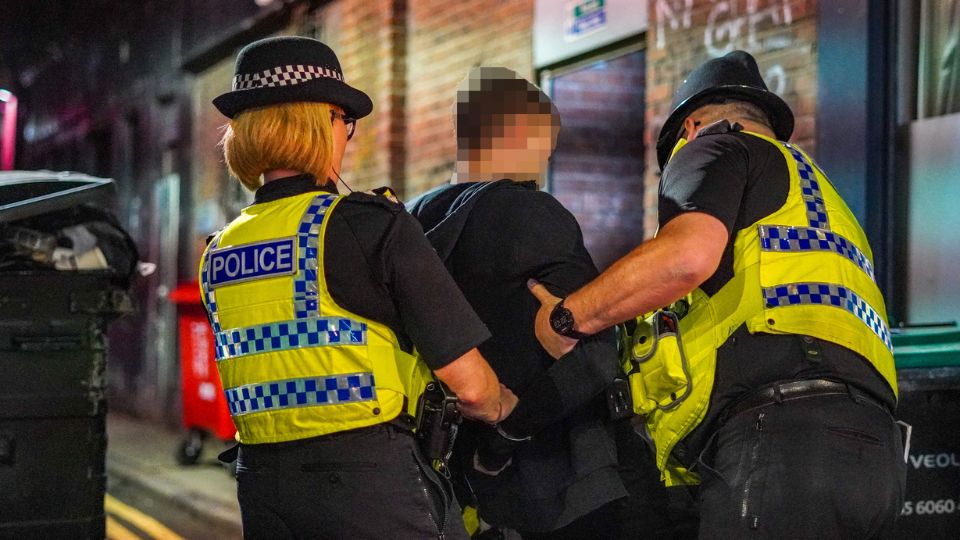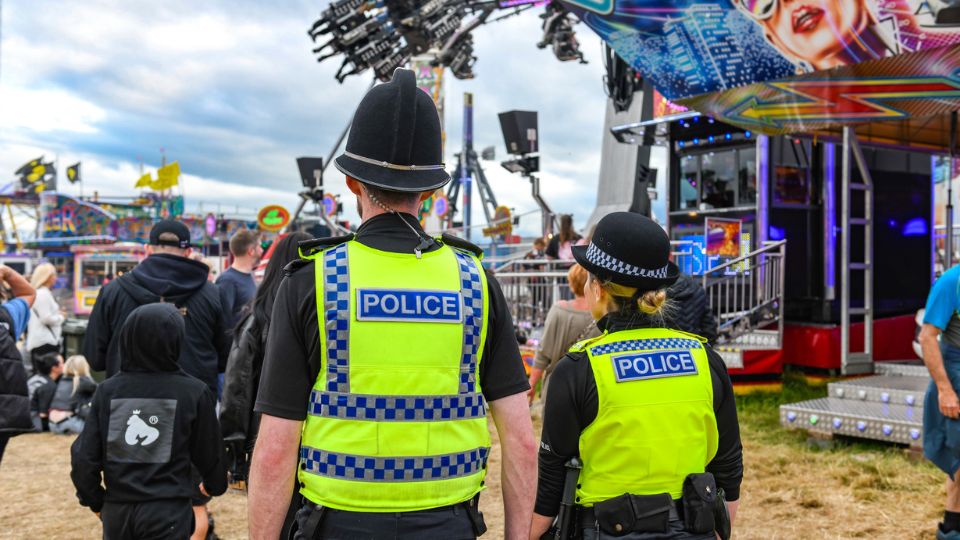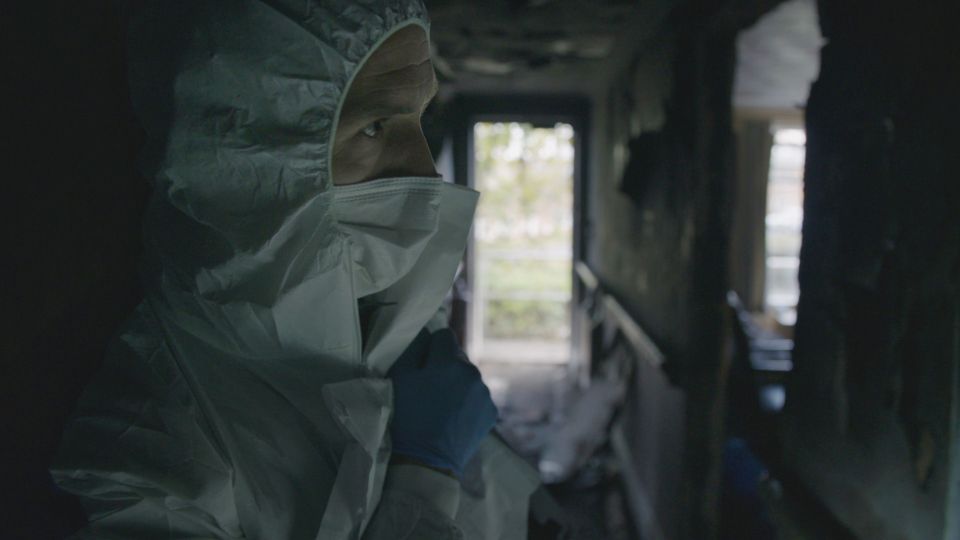THE APPLICATION PROCESS
Before you start, you should fully understand what the role involves and be familiar with the police officer application process. Being a 999 response officer, detective or neighbourhood officer can be physically, mentally, and emotionally demanding. It is also incredibly rewarding, but it’s not a career for everyone.

Do you understand the role?
Whether you thrive in high-energy, dynamic environments or you excel at problem-solving or analytical tasks, there’s a role in policing that suits your strengths.
Policing is about much more than blue lights and fast cars – you’ll face situations you’ve likely never encountered before. You could be: protecting the vulnerable, giving evidence in court, supporting victims of domestic violence, investigating burglaries and working in partnership with communities.
To prepare you for these challenges, we offer a high-quality, structured 18-week training programme and ongoing support throughout your journey as an officer or detective.
While we strive to offer flexibility and provide advance notice of shift patterns, the role requires working a variety of shifts due to the nature of the role – including evenings, nights, and weekends. Becoming a police officer or detective is a significant change not just to your career, but to your lifestyle as well.
What do I need to know before I apply?
What you need to know before you apply
What’s the police officer application process?
What’s the application process?
- 1Mandatory Information Event
Join an online information event and explore becoming an officer, eligibility requirements, training, and opportunities at TeamNP to guide you in your decision to apply.
- 2
Application form
This is where you share with us your personal, professional and educational information including any relevant qualifications. If you need any support with your application you should email our Talent Acquisition Team. - 3
National sift
This is a national-level process where you will complete two exercises. These reflect the competencies and values relevant to the role of a police officer including a situational judgement test (SJT) and behavioural questionnaire. - 4
Online application process
This is a national standard of assessment centre set by the College of Policing including role play and written exercises. Watch this video to learn more. - 5
Interview
This is where we delve into the current topic areas that are important to Northumbria Police and our communities, and find out about you in more detail to assess your suitability. - 6
Conditional offer
Congratulations, you have passed all stages of the recruitment process. Here we’ll ask for some extra information so we can commence relevant pre-employment checks. - 7
Pre-employment checks
These checks include a fitness test, references, a medical examination, vetting checks, biometric and fingerprint analysis and we will organise your uniform fitting. - 8
Final offer
This is when we will discuss your start date at TeamNP and determine which of our available entry routes is best for you to join as a police officer at Northumbria Police. - 9
Congratulations
Welcome to TeamNP! You’ve successfully completed the application process and are now a member of our policing family. Your new career journey starts here, good luck!
Ways into policing
From high-adrenaline and fast-paced work, to analytical and problem-solving positions, there’s a role that’s right for you.
Discover your path with a degree apprenticeship, graduate programme, or experience-led entry routes. Your journey into policing starts here.
Take your first steps into policing
Before you apply to become a 999 response officer, detective or neighbourhood officer you’ll need to join a mandatory information event.
Here, you’ll gain insight into what working at Northumbria Police is really like, find out more about the application process and how to prepare for the role, eligibility requirements, police officer pay & benefits, and you’ll have the opportunity to speak to current officers.
We’ll also guide you through the different entry routes available, including the degree apprenticeship, graduate programme, and experience-led pathways — so you can choose the route that’s right for you.
Choose your preferred date below to sign up for an upcoming online Teams event.
Can’t make these sessions? We’ll be running events all year, check back for later dates.



